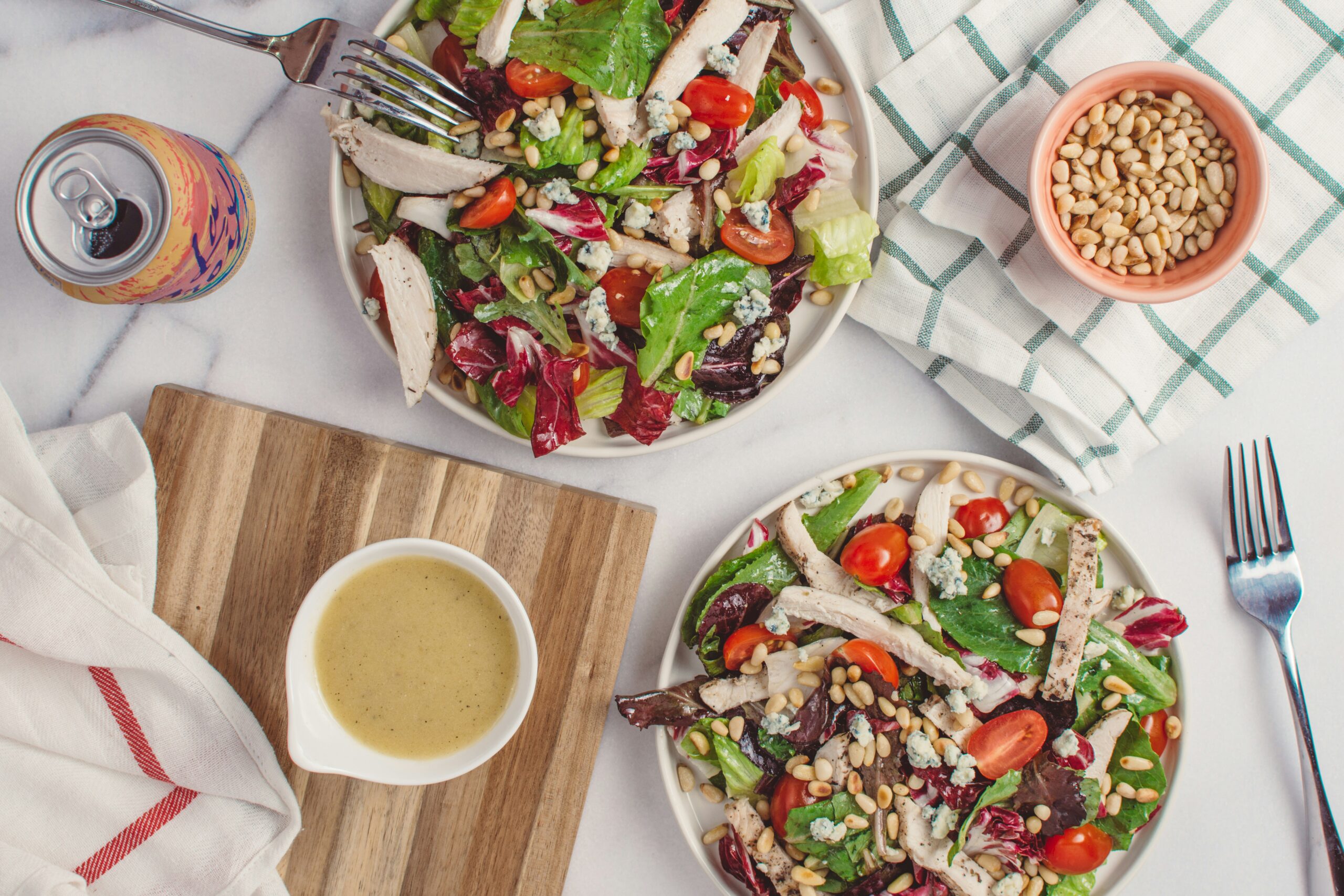Are you following the keto diet and wondering which nuts and seeds are allowed? Well, look no further! In this article, we will explore the wide range of nuts and seeds that you can enjoy while staying in line with your keto lifestyle. From almonds to hemp seeds, we’ll cover it all, giving you the knowledge to make informed choices about the snacks you indulge in. So, grab a handful of your favorite nuts, sit back, and let’s dive into the world of keto-friendly nuts and seeds!
Understanding the Keto Diet
The Keto Diet, short for Ketogenic Diet, is a low-carbohydrate, high-fat diet that has gained popularity in recent years. The main principle behind this diet is to switch your body’s primary fuel source from carbohydrates to fat. By drastically reducing your carbohydrate intake and increasing your consumption of healthy fats, your body enters a state called ketosis, where it burns fat for energy instead of glucose.
How the Keto Diet Works
When you consume a low amount of carbohydrates, your body’s insulin levels drop. As a result, your body begins to release stored fat to be used as energy. The fat is broken down into ketone bodies in the liver, which are then used as a fuel source by your brain, muscles, and other organs. This metabolic process of utilizing ketones for energy instead of glucose is what makes the Keto Diet effective for weight loss and improving overall health.
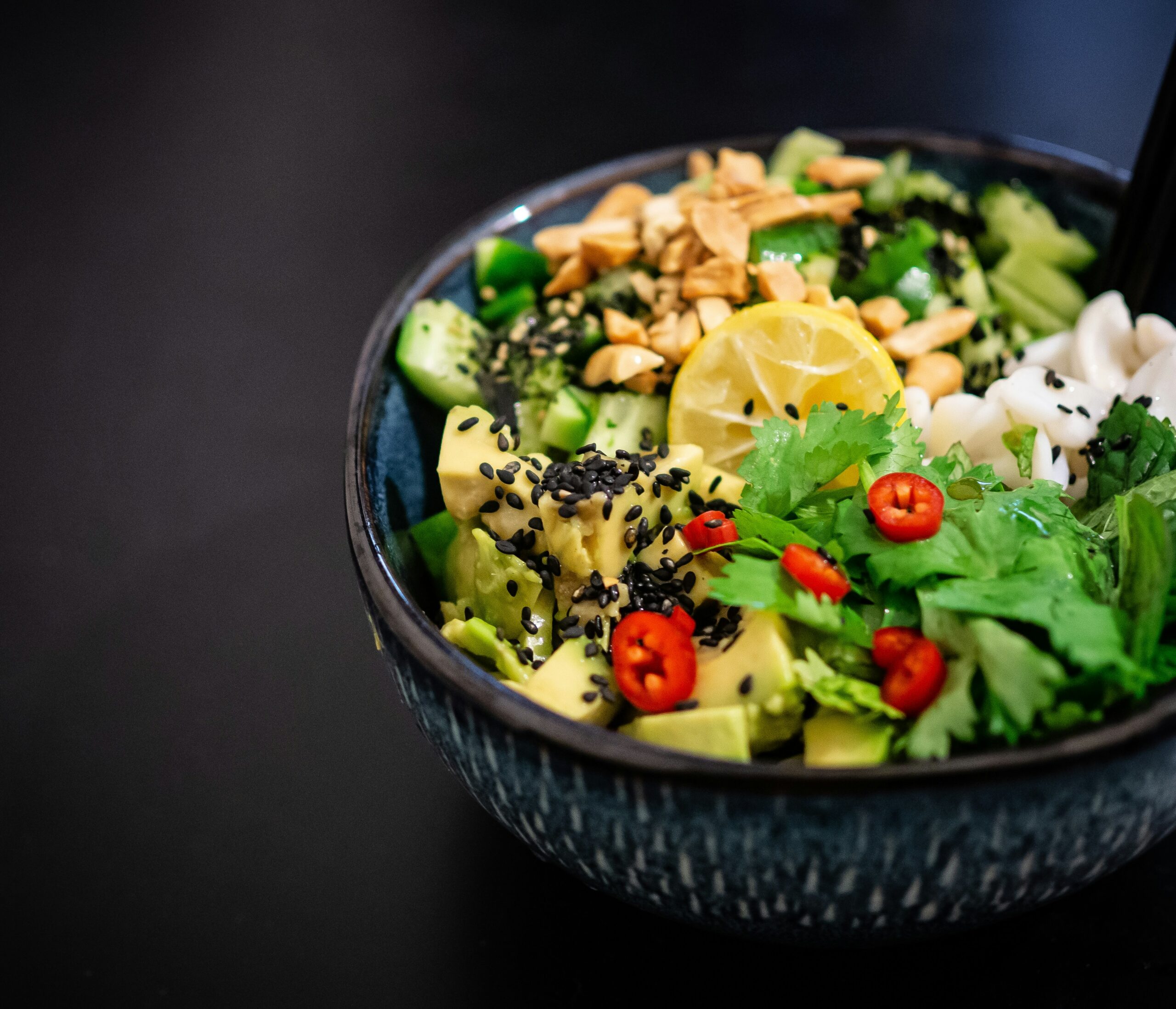
Benefits of the Keto Diet
The Keto Diet offers several benefits beyond weight loss. One of the main advantages is its potential to improve insulin sensitivity and stabilize blood sugar levels, making it beneficial for individuals with diabetes or prediabetes. Furthermore, the Keto Diet has been found to increase energy levels, enhance mental clarity, and reduce inflammation in the body. Additionally, many people on the Keto Diet report improved cholesterol levels and a decrease in triglyceride levels.
Role of Nuts and Seeds in the Keto Diet
Nuts and seeds are incredibly versatile and nutrient-dense foods that can be easily incorporated into a well-rounded Keto Diet. They are a great source of healthy fats, protein, fiber, vitamins, and minerals. Including nuts and seeds in your diet can help you meet your daily nutritional needs while maintaining ketosis. However, it’s important to understand which nuts and seeds are ideal for the Keto Diet and which ones should be consumed in moderation.
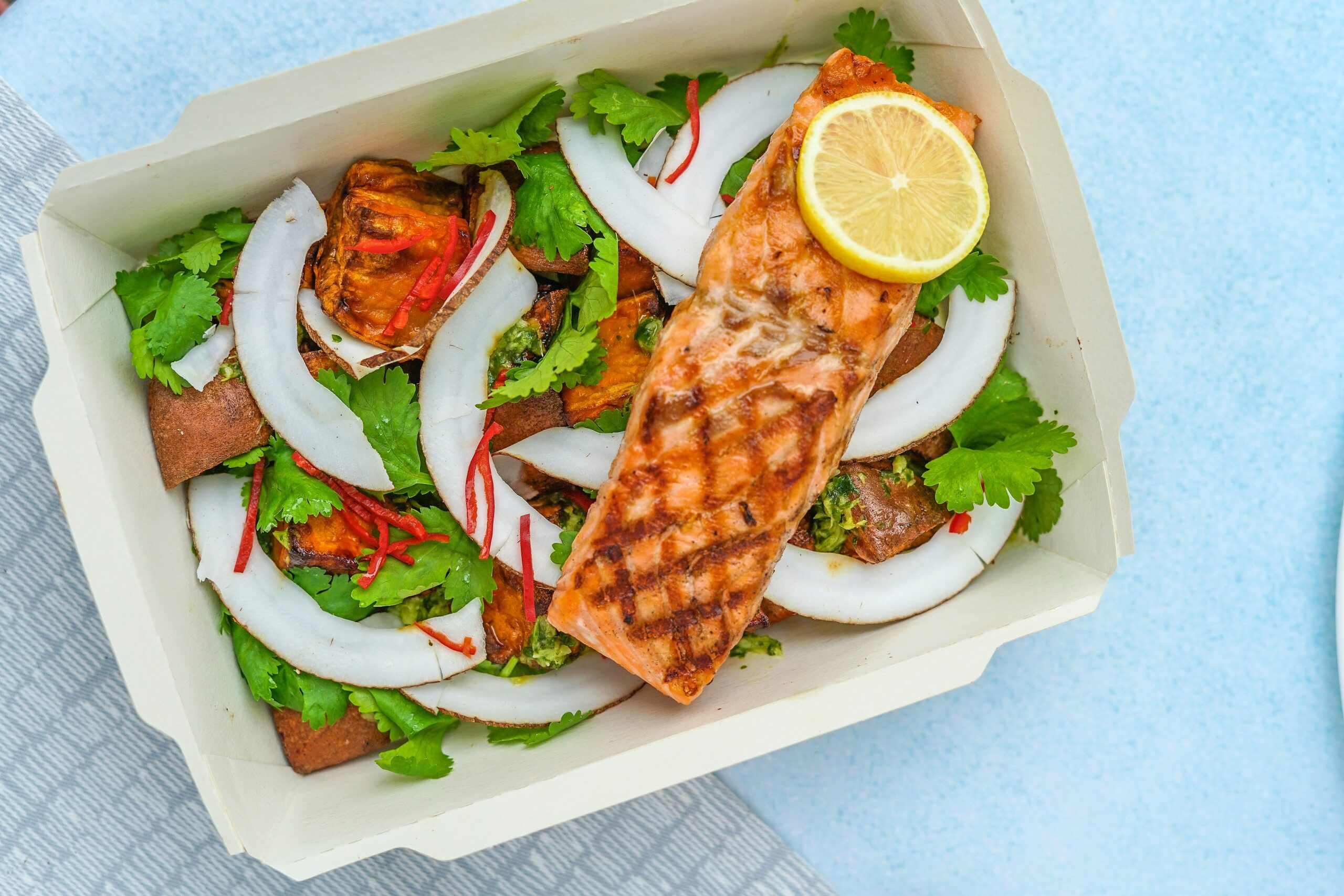
Why Include Nuts and Seeds in a Keto Diet
Nuts and seeds are a fantastic addition to the Keto Diet for several reasons. Firstly, they are rich in monounsaturated and polyunsaturated fats, which are essential for heart health and provide a steady source of energy throughout the day. Secondly, nuts and seeds contain fiber, which aids in digestion and helps keep you full for longer periods, preventing overeating. Lastly, they are packed with vitamins and minerals, including vitamin E, magnesium, and potassium, which are crucial for maintaining optimal health.
Nutritional Benefits of Nuts and Seeds
Nuts and seeds offer a wide range of essential nutrients that can contribute to your overall well-being while following a Keto Diet. For example, almonds are an excellent source of vitamin E, copper, and magnesium. These nutrients support healthy skin, bone density, and nerve function. Similarly, macadamia nuts are high in monounsaturated fats, magnesium, and manganese, which are important for heart health and maintaining bone strength. Flaxseeds are rich in omega-3 fatty acids and lignans, promoting brain health and reducing the risk of chronic diseases.
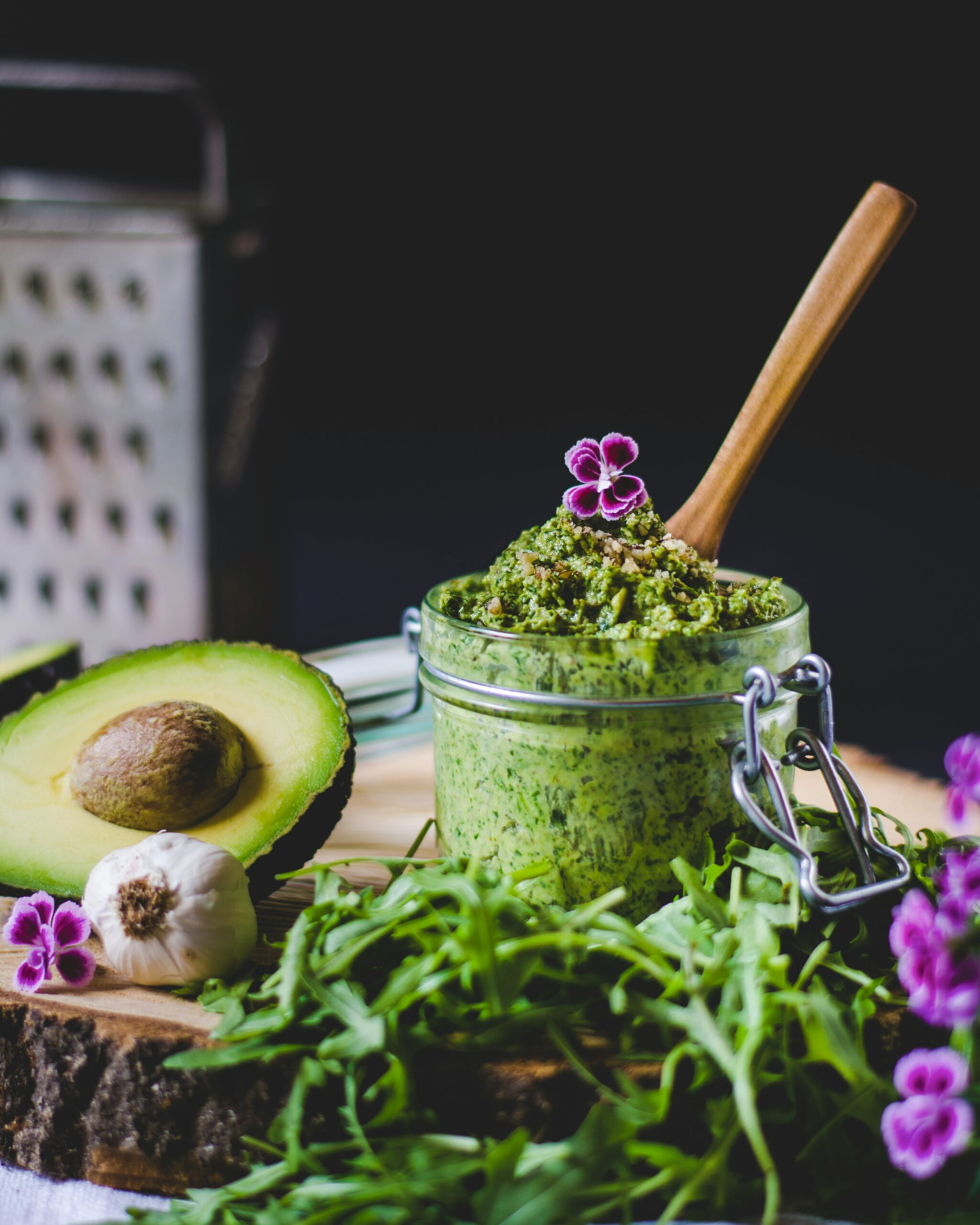
Cautions to Consider When Eating Nuts and Seeds on the Keto Diet
While nuts and seeds are generally beneficial for a Keto Diet, it’s crucial to exercise caution when consuming them. Some nuts and seeds may have higher carbohydrate content and can hinder your progress towards ketosis if consumed in large quantities. Additionally, nuts and seeds are calorie-dense foods, so it’s important to moderate your portions to avoid exceeding your daily caloric intake. Lastly, certain individuals may have allergies or sensitivities to nuts and seeds, so it’s essential to be mindful of any adverse reactions and consult with a healthcare professional if necessary.
Types of Nuts Allowed on the Keto Diet
Not all nuts are created equal when it comes to their suitability for the Keto Diet. Here are some nuts that are considered keto-friendly:
Pecans in the Keto Diet
Pecans are a delicious and nutritious nut that can be enjoyed as part of a Keto Diet. They are rich in healthy fats, fiber, and essential minerals such as manganese and copper. Pecans have a naturally sweet and buttery flavor, making them a versatile ingredient in both savory and sweet keto-friendly recipes.
Macadamia Nuts in the Keto Diet
Macadamia nuts are often referred to as the “king of nuts” due to their rich and creamy texture. These nuts are incredibly low in carbohydrates and high in healthy fats, particularly monounsaturated fats. Macadamia nuts are an excellent source of essential minerals like magnesium and potassium, making them a beneficial addition to a Keto Diet.
Almonds in the Keto Diet
Almonds are one of the most popular nuts and are widely consumed in various forms, including whole, sliced, or ground into flour. They are an excellent source of vitamin E, magnesium, and fiber. Almonds can be enjoyed as a snack or used as a crunchy topping for salads and keto-friendly desserts.
Hazelnuts in the Keto Diet
Hazelnuts, also known as filberts, have a rich and nutty flavor. These nuts are a good source of healthy fats, fiber, and antioxidants. Hazelnuts can be eaten on their own, added to baked goods, or blended into delicious keto spreads like homemade hazelnut butter.

Type of Seeds Allowed in the Keto Diet
Seeds, like nuts, provide a wide array of nutritional benefits and can be incorporated into the Keto Diet effortlessly. Here are some seeds that are suitable for a Keto Diet:
Flaxseeds in the Keto Diet
Flaxseeds are tiny seeds packed with essential nutrients, including omega-3 fatty acids, lignans, and fiber. They are known for their potential to improve heart health, reduce inflammation, and support the digestive system. Ground flaxseeds can be sprinkled on top of keto-friendly cereal, added to smoothies, or used as an egg substitute in baking.
Chia Seeds in the Keto Diet
Chia seeds are nutritional powerhouses that contain fiber, protein, healthy fats, and various vitamins and minerals. These seeds have a unique ability to absorb liquid, creating a gel-like substance that can be used to thicken keto-friendly puddings, jams, or smoothies. Including chia seeds in your diet can provide a boost of energy and support digestive health.
Pumpkin Seeds in the Keto Diet
Pumpkin seeds, also known as pepitas, are packed with protein, healthy fats, and minerals such as magnesium and zinc. They are a great snack option and can also be incorporated into keto-friendly granola or used as a topping for salads. Pumpkin seeds have a mild, nutty flavor that complements a variety of dishes.
Hemp Seeds in the Keto Diet
Hemp seeds are an excellent source of complete protein and contain all nine essential amino acids. They are also rich in healthy fats, fiber, and minerals like magnesium and iron. Hemp seeds have a slightly nutty taste and can be sprinkled on salads, added to keto-friendly baked goods, or blended into dressings and sauces.
Nuts to Consider in Moderation on the Keto Diet
While the following nuts can still be enjoyed on a Keto Diet, it’s important to consume them in moderation due to their slightly higher carbohydrate content:
Walnuts in the Keto Diet
Walnuts are known for their distinct flavor and are a good source of omega-3 fatty acids, fiber, and antioxidants. Although they contain more carbohydrates compared to other nuts, walnuts can still be included in the Keto Diet in controlled portions.
Peanuts in the Keto Diet
Peanuts, technically a legume, are widely consumed as nuts and offer a good amount of protein, healthy fats, and fiber. However, it’s important to note that peanuts have a higher carbohydrate content compared to other nuts. It’s best to enjoy them in moderation while being mindful of your macronutrient intake.
Cashews in the Keto Diet
Cashews have a rich and creamy texture, making them a popular choice among nut enthusiasts. However, they are higher in carbohydrates compared to other nuts, so it’s important to control your portion size. Cashews can add a delightful crunch to salads or be used to make creamy dairy-free sauces and dips.
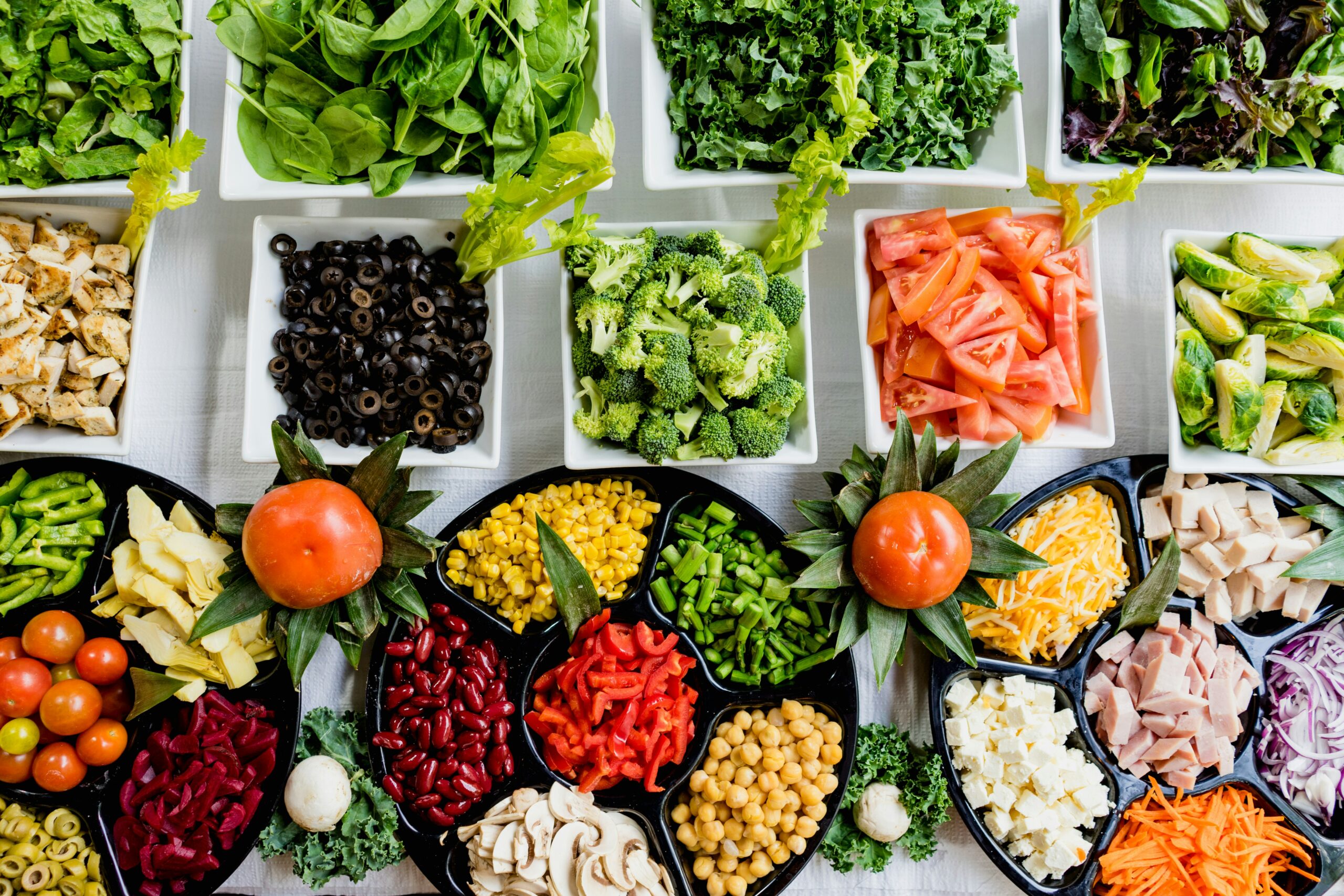
Seeds to Consider in Moderation on the Keto Diet
Similar to nuts, some seeds should be consumed in moderation while following a Keto Diet due to their slightly higher carbohydrate content. Here are a few examples:
Sunflower Seeds in the Keto Diet
Sunflower seeds are a great source of healthy fats, protein, and essential minerals like vitamin E and selenium. While they can be enjoyed on a Keto Diet, it’s important to be mindful of portion sizes due to their relatively higher carbohydrate content.
Sesame Seeds in the Keto Diet
Sesame seeds are commonly used in various cuisines, adding a unique nutty flavor and delicate crunch to dishes. While they are nutrient-dense, sesame seeds should be consumed in moderation on a Keto Diet due to their slightly higher carbohydrate content.
Poppy Seeds in the Keto Diet
Poppy seeds are tiny, oil-rich seeds that are often used as a garnish or ingredient in baked goods. They offer a distinct flavor and provide essential minerals like calcium and manganese. However, due to their carbohydrate content, it’s important to use poppy seeds sparingly while following a Keto Diet.
Nuts to Avoid on the Keto Diet
Not all nuts are appropriate for the Keto Diet, as some contain a higher carbohydrate content. Here are a few nuts to avoid or limit on the Keto Diet:
Chestnuts in the Keto Diet
Chestnuts are unique among nuts due to their higher carbohydrate content and lower fat content. They are not suitable for the Keto Diet, as they can significantly impact your carbohydrate intake and potentially hinder ketosis.
Pistachios in the Keto Diet
Pistachios are delicious and nutritious, but they contain a relatively higher amount of carbohydrates compared to other nuts. It’s best to consume pistachios in moderation or avoid them altogether while following a strict Keto Diet.
Watermelon Seeds in the Keto Diet
Although watermelon seeds can be roasted and enjoyed as a snack, they have a higher carbohydrate content and should be avoided or limited on a Keto Diet. It’s best to focus on other nuts and seeds that have a lower carbohydrate content to maintain ketosis.
Effect of Roasting and Processing on Nut and Seed Carbohydrate Content
The way in which nuts and seeds are processed or roasted can affect their carbohydrate content. It’s important to be aware of how different preparation methods can impact the carb count of these keto-friendly foods.
Impact of Roasting on Nutritional Content
While roasting nuts and seeds imparts a delightful flavor and crunch, it can cause slight changes in their nutritional profile. Roasting can lead to some nutrient loss, particularly heat-sensitive vitamins like vitamin C. However, the impact on nutrient content is generally minimal. It’s important to be mindful of added oils or seasonings during the roasting process, as they can increase the overall calorie and carbohydrate content.
How Processing Affects Carb Count
Processed nut and seed products, such as nut butters or flours, may have different carbohydrate content compared to their whole counterparts. For example, almond flour, a popular ingredient in keto baking, has a lower carbohydrate content compared to whole almonds. However, it’s still crucial to check the nutrition labels and select products with no added sugars or other high-carb ingredients.
How to Incorporate Nuts and Seeds into Your Keto Diet
Including nuts and seeds in your daily keto meals and snacks is a great way to boost the nutritional content of your diet. Here are a few ideas on how to incorporate nuts and seeds into your keto routine:
Incorporating Nuts and Seeds in Meals
- Sprinkle sliced almonds or chopped pecans over a keto-friendly salad for added crunch and flavor.
- Use ground flaxseeds as a breadcrumb substitute in your favorite keto meatball or meatloaf recipe.
- Add a handful of pumpkin seeds to your morning omelet or scrambled eggs for an extra nutrient boost.
- Create a homemade keto granola by combining mixed nuts, seeds, coconut flakes, and a sugar-free sweetener. Enjoy it with unsweetened almond milk or as a topping for yogurt or chia seed pudding.
Using Nuts and Seeds as Snacks
- Keep a small portion of mixed nuts or trail mix in your bag for a quick and satisfying on-the-go keto snack.
- Enjoy a spoonful of all-natural nut or seed butter as a creamy and satisfying snack by itself or paired with celery sticks or cucumber slices.
- Make your own keto-friendly energy balls using a combination of nuts, seeds, and unsweetened coconut flakes. These portable snacks are perfect for satisfying your cravings between meals.
Creative Ways to Use Nuts and Seeds in Keto-friendly Recipes
- Replace breadcrumbs or flour in recipes with almond flour or ground flaxseeds for a low-carb alternative.
- Whip up a batch of homemade pesto using basil, pine nuts, Parmesan cheese, garlic, and olive oil. Serve it over zucchini noodles or grilled chicken for a keto-friendly meal.
- Create a unique and flavorful salad dressing by blending hemp seeds, olive oil, lemon juice, and herbs. Drizzle it over a salad with mixed greens, cherry tomatoes, and avocado slices.
Final Thoughts on Nuts and Seeds in a Keto Diet
Nuts and seeds can be your best friends when following a Keto Diet. They offer a wide range of nutritional benefits, including healthy fats, protein, and essential vitamins and minerals. However, it’s crucial to select nuts and seeds with lower carbohydrate content and consume them in moderation to maintain ketosis. Additionally, be mindful of portion sizes and avoid nuts and seeds with added sugars or high-carb ingredients. As with any dietary plan, it’s always a good idea to track your consumption and consult with a nutritionist or dietician to ensure you are meeting your individual nutritional needs while following a Keto Diet. With the right approach, nuts and seeds can play a delicious and nutritious role in your keto lifestyle.

